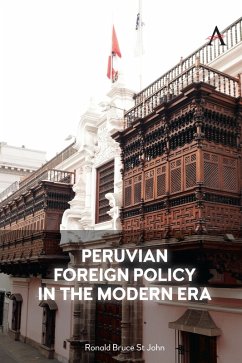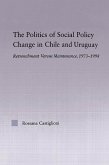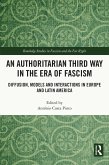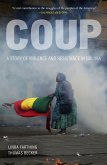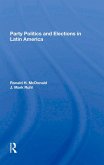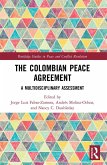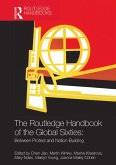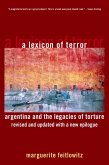Peruvian Foreign Policy in the Modern Era is a chronological treatment of Peruvian foreign policy from 1990 to the present. It focuses on the impact of domestic politics, economic interests, security concerns, and alliance diplomacy on contemporary Peruvian foreign policy.
For 200 years, the foreign policy of Peru has focused on the achievement of core objectives central to the well-being of any state, including sovereignty, territorial integrity, economic independence, national security, and continental solidarity. In pursuit of these objectives, the content and direction of Peruvian foreign policy was heavily influenced by the conflicting demands of independence and interdependence as determined by multiple internal and external forces. An examination of Peruvian foreign policy in the modern era reveals the full extent to which it continues to be characterized by a strong linkage between domestic and foreign concerns with domestic considerations often influencing, if not determining, aspects of the nation's international posture. Violence also remains integral to the Peruvian political system with external policy often a reflection of domestic politics. Finally, the location and size of Peru, the export-led nature of its economy, and the relationships it developed with regional and international powers remain strong influences on contemporary Peruvian foreign policy. In common with many states, sovereignty, territorial integrity, regionalism, continental solidarity, and economic independence remained core goals of Peruvian foreign policy after independence. In recent times, successive Peruvian governments have continued to address these and related issues in a foreign policy grounded in pragmatism and notable for its emphasis on a rational combination of continuity and change. The Fujimori administration (1990-2000) set the stage for this shift in the direction, tone, and content of the nation's foreign policy, and the Toledo administration and its successors refined and built upon the initiatives launched by Fujimori.
For 200 years, the foreign policy of Peru has focused on the achievement of core objectives central to the well-being of any state, including sovereignty, territorial integrity, economic independence, national security, and continental solidarity. In pursuit of these objectives, the content and direction of Peruvian foreign policy was heavily influenced by the conflicting demands of independence and interdependence as determined by multiple internal and external forces. An examination of Peruvian foreign policy in the modern era reveals the full extent to which it continues to be characterized by a strong linkage between domestic and foreign concerns with domestic considerations often influencing, if not determining, aspects of the nation's international posture. Violence also remains integral to the Peruvian political system with external policy often a reflection of domestic politics. Finally, the location and size of Peru, the export-led nature of its economy, and the relationships it developed with regional and international powers remain strong influences on contemporary Peruvian foreign policy. In common with many states, sovereignty, territorial integrity, regionalism, continental solidarity, and economic independence remained core goals of Peruvian foreign policy after independence. In recent times, successive Peruvian governments have continued to address these and related issues in a foreign policy grounded in pragmatism and notable for its emphasis on a rational combination of continuity and change. The Fujimori administration (1990-2000) set the stage for this shift in the direction, tone, and content of the nation's foreign policy, and the Toledo administration and its successors refined and built upon the initiatives launched by Fujimori.
Dieser Download kann aus rechtlichen Gründen nur mit Rechnungsadresse in A, D ausgeliefert werden.

